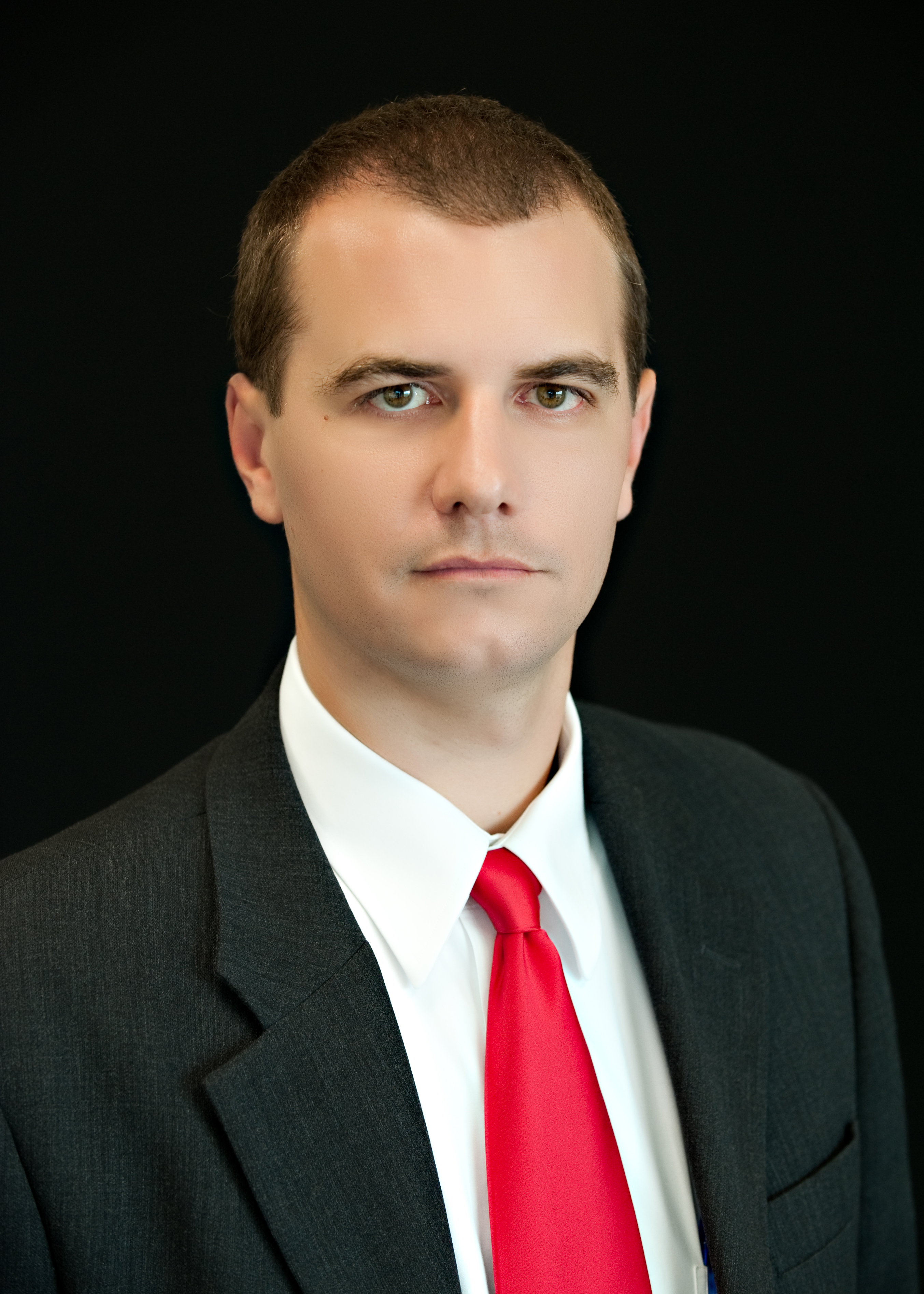An alternative to jail time for people with mental illnesses has been formed for residents in the local area.
On Thursday, officials announced the new 10th Judicial District Mental Health Court, which is intended to "recognize the existence of mental illness and provide sentencing alternatives to those individuals in the criminal justice system who may be rehabilitated through appropriate mental health treatment."
The court is set to begin on Jan. 1, 2017, and will apply to all residents in McMinn, Bradley, Polk and Monroe counties.
Circuit Court Judge Andrew Freiberg noted that this type of program has been a passion of his for some time.
"I began working with others about a year ago and meeting regularly with a collaborative team known informally as a Mental Health Coalition," Freiberg said. "This would not have been possible without the help of others, but it is something I've been working on and thinking about for many years."
Those other people Freiberg has worked with on this program include Assistant 10th Judicial District Attorney Generals Heather Higginbotham and Shari Tayloe and 10th Judicial Drug Court Coordinator Jill Barrett.
The Mental Health Court will also be partnering with programs such as The Caring Place, Centerstone, Helen Ross McNabb Center, Health Connect America, Pirate Springs and the Mental Health Cooperative to provide treatment.
According to the court's operating policy, it is "presented to qualified individuals as an alternative to probation and/or incarceration" and the emphasis of the court is "accountability, monitoring and treatment for mentally ill individuals charged with non-violent offenses."
The program is completely voluntary for those who participate and seeks to provide a "non-threatening environment" where people can work out their problems through "treatment and compliance" with Freiberg and the Court Team.
People can be referred to the program through a variety of methods, including a judge, the district attorney's office, court or law enforcement personnel and family members.
Those people referred will undergo a mental evaluation and assessment and will hear back from the Court Team on their status once a decision is made.
People considered for the mental health court must have a diagnosed mental illness by the Diagnostic and Statistical Manual of Mental Disorders, 5th Edition; must be over the age of 18 and must be charged with a non-violent and/or misdemeanor crime.
The Mental Health Court will be held on a bi-weekly basis and there will be four phases that defendants will go through for a minimum of a one-year period.
As each phase is passed, appearances in court and reports to court personnel will be reduced until the person is eligible to graduate from the program.
A graduation ceremony will be held upon completion for all Mental Health Court participants who are eligible.
A forum for the public to learn more about the court is scheduled for Thursday, Nov. 3 at 6:30 p.m. at the Bradley County Courthouse.
Court officials encourage those in the public to attend the forum.

